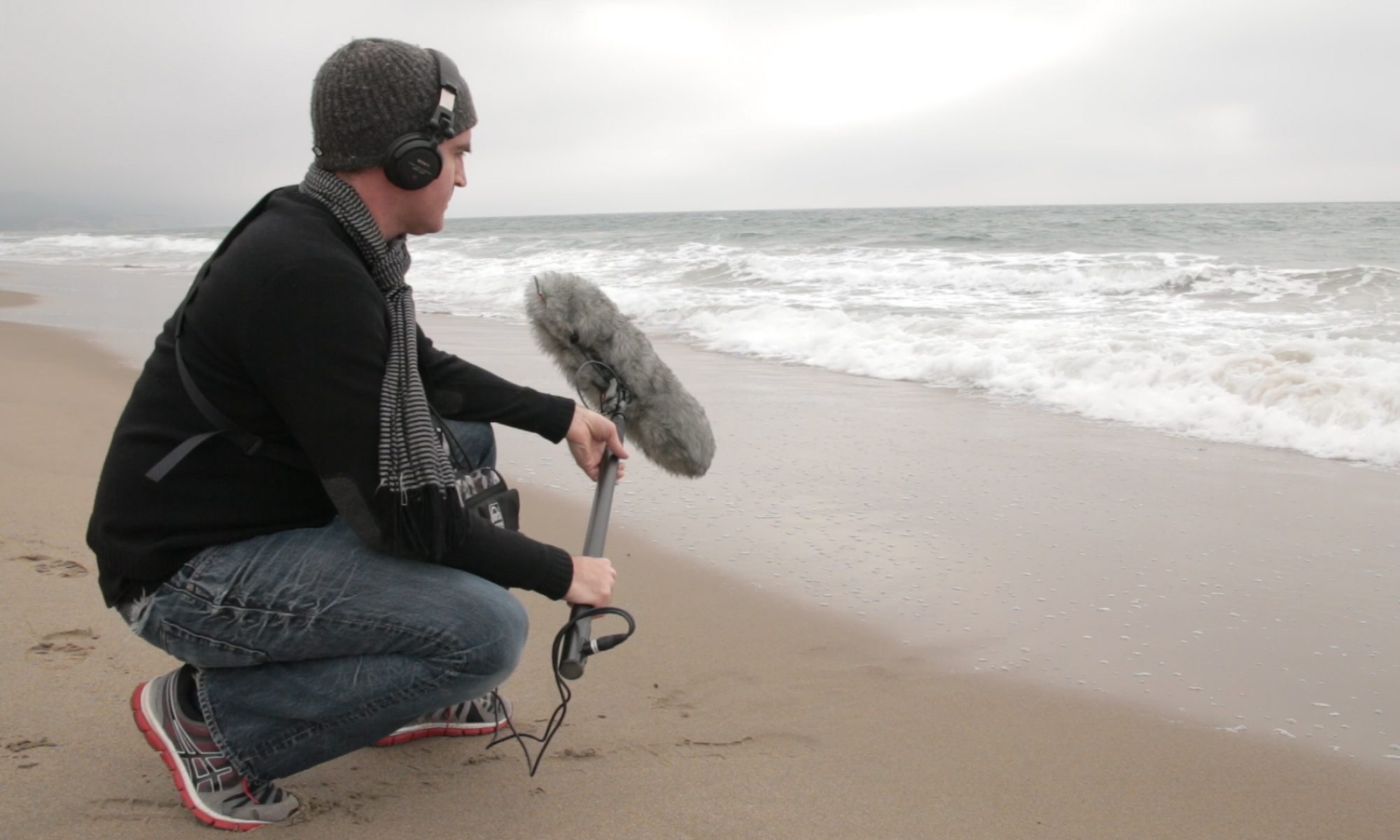I give my mobile phone number to students. There, I said it. I give them my personal mobile phone number. It’s not a shiny red “Bat Phone” that I reserve for student calls. It’s my everyday phone that I use to call my wife, receive calls about freelance gigs, check email, read Twitter feeds, and map the fastest route to school (gotta love Waze!). As a matter of fact, I don’t even know the phone number in my office at school. I think it’s x7949, but I’ll bet I’m off by a number or two.
I’m always amused by the reactions of my colleagues when I tell them this. They range from shock to sympathy to accusations of masochistic tendencies. And then the questions start. “Don’t you get calls at 3AM?” No. “Don’t they send you a ton of text messages?” No, although I do get the occasional annoying text message where the “texter” (is that a word?) fails to identify themselves or the class in which they are enrolled. I’ve been doing this for three (school) years now and it’s really not a big deal. You see, most of my students come from a generation that will avoid making an actual phone call at any cost. I find it kind of amusing, actually. I’ve got over 150 students this quarter and I can easily count the number of phone calls I’ve received from students on two hands. They just don’t call, even when they should! And I suppose even these students respect the title of “College Professor” enough to realize that text messages are probably a little too informal. (They certainly don’t hesitate to send off email messages; I guess they see that as a step up in the hierarchy of communication formality…)
Initially, I refused to use my office phone because I’m only in my office a few hours a week for office hours. The rest of the time I’m on campus I’m either teaching a class or working in one of the labs or the studio. And guess what, students can actually find me in the lab or studio by calling my mobile phone. That sort of makes sense, right? I don’t even know how to set up my office voicemail. Why would I want to call in and check voicemail on yet another annoying phone system? It takes me back to the days when I had a landline at home, or even further back to when I had an answering machine with those little cassette tapes.
I find that my college has a weird attachment their landline extension system. I haven’t had a dedicated phone number at a private sector job since 2008. There are some forms I fill out at school that ask for my extension, and I just cram my mobile phone number into the space. Same with online forms, although sometimes they only allow four digits so I leave it blank.
I guess ultimately the decision to give out my personal number comes down to a simple premise: I’m a full-time instructor. I don’t believe there’s any ambiguity to the term “full-time.” Sure, I can make myself inaccessible when I’m not physically at school, but I choose not to. I consider myself to be “on-call” during core hours for student interaction, which I find to be something like 10AM to 7PM. And, ultimately, making myself more accessible saves time and headaches because I don’t need to return a bunch of calls at a later time. I suppose the only thing I dislike more than landlines is a backlog of student communication. I want my students to feel valued and respected, and timely communication is a huge part of that. And I get a kick out of the typical student response when I answer the phone: “Wow, I can’t believe I called you and you answered.”
